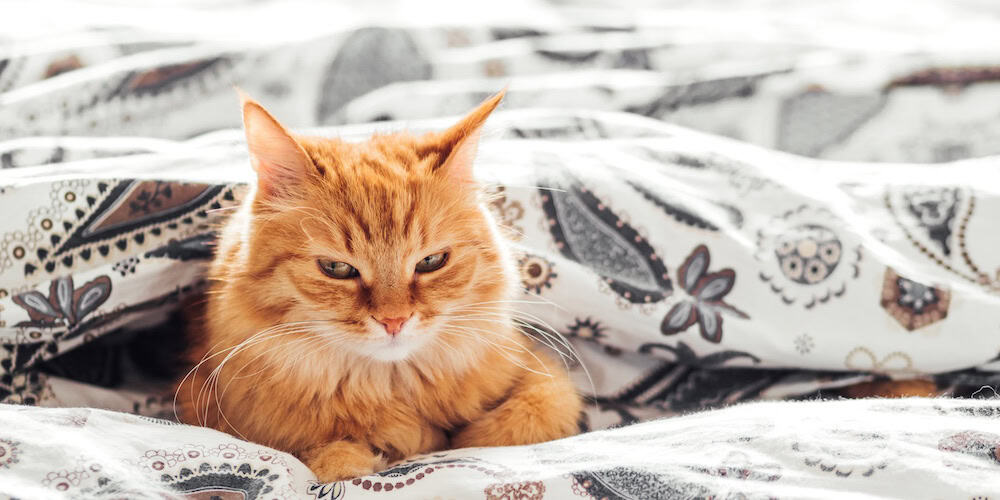Is salmon oil recommended for cats? Yes, but it all depends on the context!
Salmon oil is rich in fatty acids, particularly omega-3s. In fish oils, these are mainly eicosapentaenoic acid (EPA) and docosahexaenoic acid (DHA).
EPA and DHA notably have anti-inflammatory properties. These omega-3s help the body function properly.
There are more studies in dogs, but since many of you are asking this question about your cat, I explain here why giving salmon oil to your cat can also be beneficial.
Remember that, in general, any dietary supplement should not be given without your veterinarian’s advice.
📚 Read also | A veterinarian has selected the best cat kibble
1. It has anti-inflammatory effects
The anti-inflammatory properties of salmon oil help fight several conditions. For example, certain dermatological conditions such as atopy.
Studies (regarding dogs) have shown that salmon oil can reduce pruritus, that is, itching. It also improves coat quality.
In cats, this study showed an improvement in mobility in cats with osteoarthritis with EPA and DHA supplementation. A reduction in pain is also worth noting.
I recommend consulting your veterinarian to determine the dose to give your cat. Indeed, this varies according to several parameters (indication, age, etc.).
2. It is beneficial for the kidneys
Salmon oil also has benefits in cases of kidney disease. It can reduce proteinuria, that is, the presence of proteins in the urine.
Salmon oil therefore has a “protective” effect on the kidneys.
This study reported improved longevity in cats with chronic kidney disease that consumed a diet high in EPA.
However, studies in cats remain limited in number. Regarding the study cited above, the reported effects could also be due to other compositional differences between the two diets.
3. It protects the heart
Again, benefits exist, but they have been demonstrated in dogs.
The studies involve dogs with heart failure. Because of their anti-inflammatory action, some have shown an improvement in the condition of dogs supplemented with fish oil.
Omega-3s therefore appear to have antiarrhythmic properties, that is, they reduce cardiac arrhythmias.
4. It is useful for prevention
Because of their anti-inflammatory properties, omega-3s have been shown to have a beneficial role in the treatment of certain cancers in humans.
In dogs, DHA supplementation has been shown to improve the condition of aging dogs in a clinical trial, notably in terms of their behavior.
In general, the data in cats remain less precise than in dogs, particularly concerning the doses to use.
This is why I recommend contacting your veterinarian for more information. Serious adverse effects can occur in cases of misuse, including bleeding.
In what form should you give salmon oil to your cat?
There are many forms of salmon oil for animals. Supplements are available as liquids or capsules; the choice is based on several criteria.
Dosage, your cat’s weight, and health status are taken into account in the veterinarian’s assessment.
Some foods are also enriched with salmon oil. Finally, treats are also available.
I recommend that you pay attention to the proper storage of your product. Indeed, salmon oil oxidizes easily.
In any case, veterinary advice remains essential because there are also possible interactions with certain medications.
Sources and scientific studies



